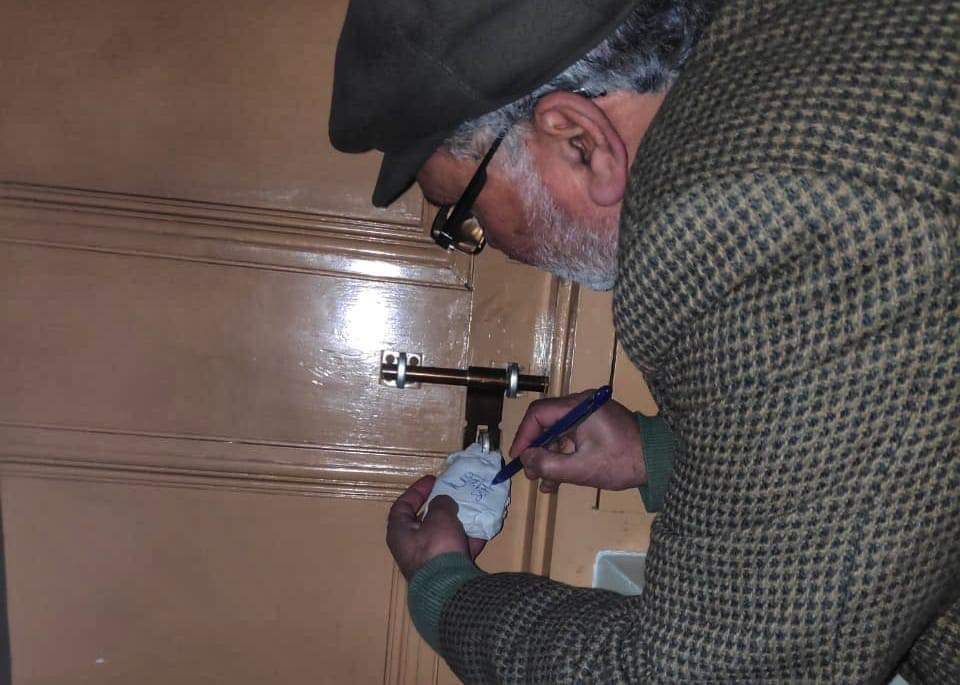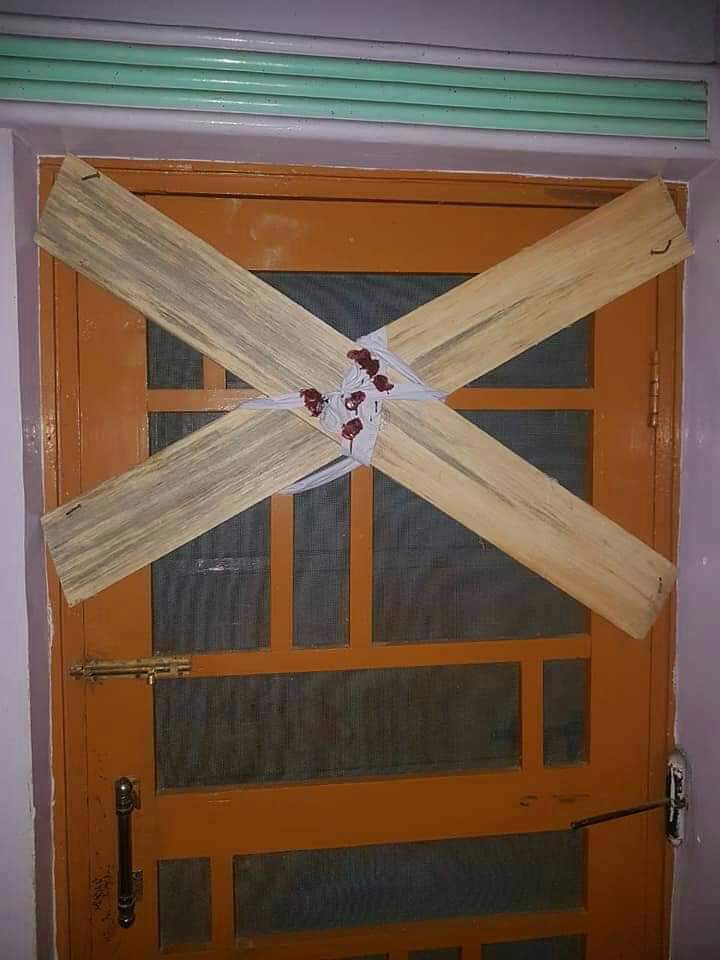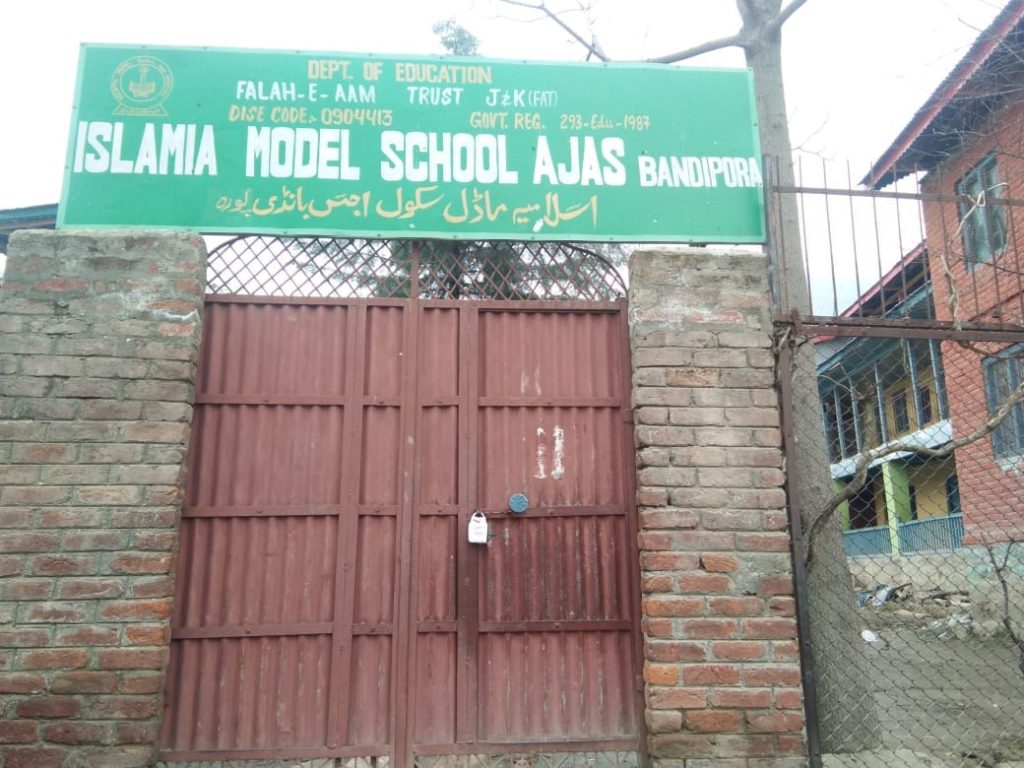Ban on Jamaat-e-Islami is an attack on ‘Middle ground’ in Kashmir, say experts

By TCN Correspondent
Srinagar: - Ever since the Pulwama attack, Kashmir Valley has been on the edge with near-war like situation looming over the region.
The Central government has, however, added fuel to the fire by banning Jamaat-e-Islami (JeI), a well-known socio-religious organisation, in a move heavily criticised by the people of the state. The central government has also slightly tinkered with Article 370, which is unlikely to help the situation.
On Thursday, the Government of India gave its nod to the promulgation of an ordinance for giving reservation benefits to SCs and STs in Jammu and Kashmir by amending a clause of the contentious Article 370, which gives special status to the state. Following the decision rumours started doing rounds that Govt. had partially revoked the Article 35A, prompting political parties of the region to react sharply. However, it must be pointed out that the ‘backlash’ for this move is nowhere close, or even comparable, to the move to ban the Jamaat.
Following the arrest of hundreds of JeI activists including its state head, a number of its members have gone underground to evade the detention. The state has created such an atmosphere that no activist of JeI was willing to speak to media, even anonymously. In fact, even the organisation hasn’t released any statement since the ban as their spokesmen have also been detained.A notification, banning the group under the Unlawful Activities (Prevention) Act, was issued by the Ministry of Home Affairs after a high-level meeting on security, chaired by Prime Minister Narendra Modi.
[caption id="attachment_429749" align="alignnone" width="960"] Authorites sealing house of top Jamaat leader in Srinagar.[/caption]
Authorites sealing house of top Jamaat leader in Srinagar.[/caption]
The notification, a copy of which is with TwoCircles.net, says the Centre banned the Jamaat-e-Islami Jammu and Kashmir for five years under the anti-terror law on the grounds that it was "in close touch" with militant outfits and is expected to "escalate secessionist movement" in the state.
It said the outfit claims "secession of a part of the Indian territory from the union" and supporting terrorist and separatist groups fighting for this purpose.
The notification, which came barely a few days after the Jammu and Kashmir Police had arrested around 150 cadres of the group in the state, said Jamaat has been indulging in activities intended to disrupt the territorial integrity of India.
During the intervening night of 22 and 23 February, the police had carried out a crackdown on Jamaat cadres and arrested 150 across the valley, including its chief Abdul Hamid Fayaz and advocate Zahid Ali (spokesperson).There have been allegations in the past that JeI was a political outfit of banned terror organisation Hizbul Mujahideen but the group has denied the charges.
The Centre is also of the opinion that the group is "involved in anti-national and subversive activities in the country intended to cause disaffection". While banning it under the anti-terror law, the Centre reasoned that the group was intending to escalate its subversive activities, including an attempt to carve out an Islamic state out of the Union of India by destabilising the government established by law.
After several of its leaders were detained across the Valley, Jamaat-e-Islami called it a “well-designed conspiracy to pave way for further uncertainty in the region”. The government has not given any reasons for the detention of the leaders.
“…The way forces personnel unleashed the spree of mass arrest and detained dozens of Jamaat members prior to the hearing seems something is hatching behind the curtains. Any attempt of eroding or tampering Article 35A is unacceptable for people of Jammu and Kashmir,” it had said before the ban.
[caption id="attachment_429751" align="alignnone" width="720"] Photo Mohammad Junaid[/caption]
Photo Mohammad Junaid[/caption]
Origins of JeI: A brief history
The outfit was formed in 1945 as a chapter of the Jamaat-e-Islami Hind. However, in 1952 the Jamaat-i-Islami Hind decided to separate its Kashmir branch because of the disputed nature of Jammu and Kashmir.
Under the leadership of two committed Jamaat members, Maulana Ahrar and Ghulam Rasul Abdullah, the Jamaat in Kashmir drafted its own Constitution which was passed and accepted in November 1953.
Sources told a Srinagar-based news agency (KNS) that at least 300 schools are being run by Falah-e-Aam Trust (FAT), affiliated with JeI having 10 thousand teachers with an approximate enrolment of one lakh students.
This is the third time that Jamaat has been banned in J&K. Earlier it had been banned in the 70s and the 90s. But both the times, it emerged stronger than before. The organisation is running hundreds of Schools, health centres, orphanage centres and helping people during times of need. It has cadres in every nook and corner of the state.
The Jamaat has, in the past, fought elections in the year 1971, 1972, 1977 and 1987 in the state. However, after the election rigging in 1987, it decided to boycott the electoral process. The organisation favours Kashmir’s merging with Pakistan. According to reports, hundreds of its cadre were killed, detained and their houses were burned by government forces in the 1990s.[caption id="attachment_429748" align="alignnone" width="640"] A School run by Jammat seazed in Bandipora district (Photo: Umar parra)[/caption]
A School run by Jammat seazed in Bandipora district (Photo: Umar parra)[/caption]
Ban can hurt Kashmir further: Experts
Experts say the ban on Jamaat and crackdown on its cadre will only make the situation worse especially in South Kashmir as Jamaat is deeply rooted in the area both as a religious and social movement.
“Over the years, Jamaat has tried to delink itself from the militancy, at least officially and their cadres were more into social work. But I fear the ban and crackdown might push them once again to the wall, which is something Kashmir can’t afford right now,” said Shams Irfan, a journalist and political commentator.
Another political commentator Gowhar Geelani says that BJP-led federal government in New Delhi is wiping away the middle ground in Kashmir by imposing bans on respected socio-religious organisations like the JeI.
“The BJP is choking spaces for peaceful dissent and free speech. It seems they want to win next general elections using Kashmir's political turf as a laboratory,” says Gowhar.
He says the JeI, J&K existed even before the India-Pakistan partition in 1947. It has played a constructive role in social reform, moral education and also relief work, rehabilitation, and rescue during earthquakes and floods.
“Since the BJP has nothing to show in its CV, Kashmir bashing comes in handy,” he adds.
When asked how will the ban impact JeI on the ground he says, “The JeI has a strong base and cadres spread across J&K. This ban will have a wider impact on Kashmir's overall political landscape.”
Meanwhile, former Jammu and Kashmir chief minister Mehbooba Mufti, while reacting to the Centre's decision to ban the group said, “Democracy is a battle of ideas, (a) crackdown followed by the banning of Jamaat e Islami (JK) is condemnable. Another example of high-handedness and muscular approach of the Government of India to deal with the political issue of Jammu and Kashmir," Mufti tweeted on Friday.
“Ideas cannot be banned or jailed", but needs a ‘better idea’ in place of it. India is a democracy with different ideologies battling it out democratically. Steps like this choke the space for dissent and lead us to violent times," Mufti said. She later appeared to have deleted the second tweet.
According to reports, a Jamaat-run office and two schools were shut down by Jammu and Kashmir Police in the Bandipora district of North Kashmir. However, one of the schools was reopened after locals protested against the decision.
